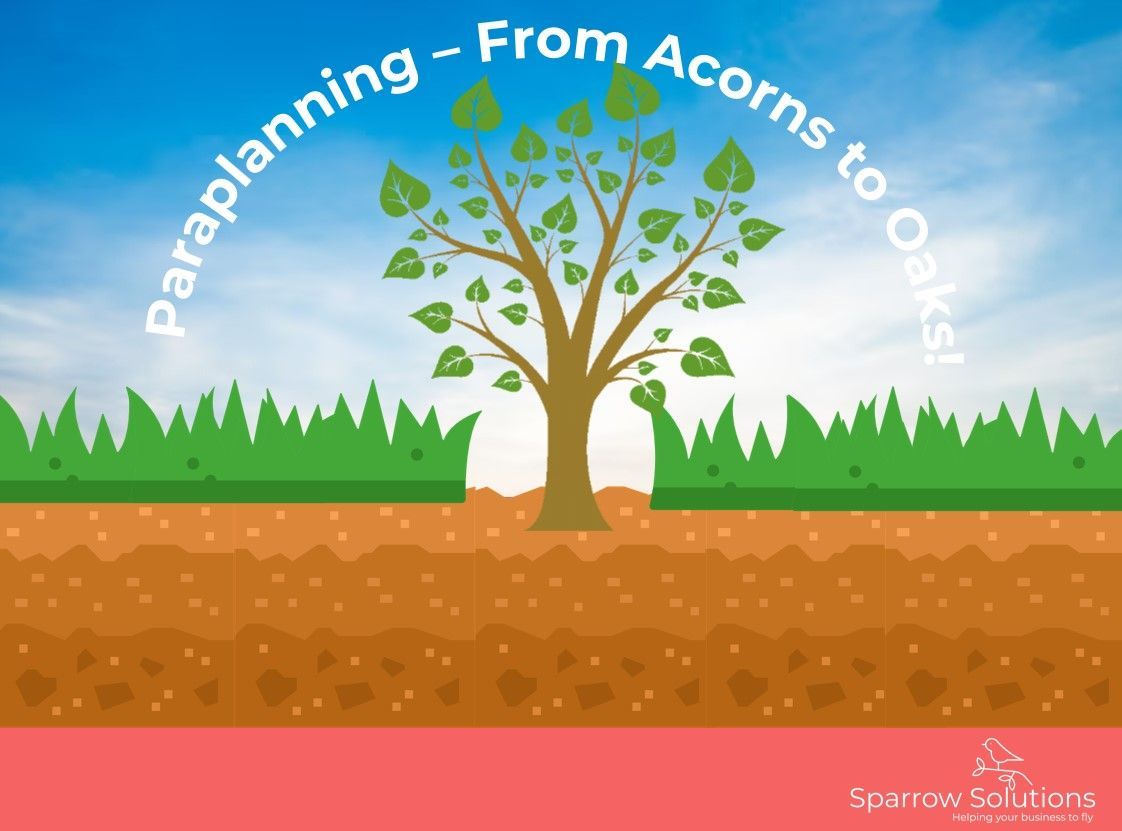Studying for exams - Here's some handy hints and tips
Setting the Standard...
We all know we work in a highly regulated profession, requiring a set level of knowledge and understanding to be able to provide advice and recommendations to clients. Whilst there is no minimum qualification requirement to be a paraplanner, in my experience, paraplanners have set their own high standards for our profession. Most of the many paraplanners I speak to are already at or aiming for Level 4, with many looking to become level 6 or level 7 qualified and beyond.
Anyone who has studied for a financial planning qualification will know that they are not easy – and neither should they be!
We are privileged to be trusted by clients to help them look after their wealth so they can achieve their goals and plans in life, and be financially secure. To be able to provide them with the best service we can and warrant the trust they place in us, will require initial and then ongoing, lifelong learning.

Getting started...
Whilst there are now a number of ways to take qualifications, all will need extensive preparation, and so here are some of my hints and tips for getting study ready and giving yourself the best foundation you can:
- My first tip and biggest tip (and might seem like the most obvious!) would always be to make sure you read the syllabus – exams and qualifications test on the syllabus not on the text book!
- Look at the additional reading list on the syllabus and try to read more widely than just the text book. The more you read, the more you’ll know!
- For exams, try and practice them as much as you can – past papers are great for this and try and recreate an ‘exam environment’ as much as possible. Only give yourself the exam time allotted to get used to the time you’ll have on the day.
- Past papers include examiner’s notes – these give feedback from the examiners of how questions were answered, and common errors or misunderstandings from candidates including any themes to these. These are particularly useful for written exams and will make sure you’re able to learn from previous candidates’ errors so you don’t make them yourself.
- The guide number of study hours for an exam is usually a good indicator of how long you should study for, but the key thing is to have a study plan:
o Work backwards from your exam or submission date: how many hours a week do you need to study to be ready?
o Build yourself a timetable: Look at the syllabus and the learning objectives for each section – focus study on the learning objectives and sections that will award the greatest marks, and allocate your time accordingly.
o Study in bitesize bits: Your brain will lose focus after a while, schedule in little breaks every hour or so – get some fresh air or have a cup of tea and then come back with your brain refreshed for the next bite!
o Make plenty of notes: Make notes and use highlighters – but only for the pertinent bits or you’ll end up with the whole study book highlighted! Also, post-its dotted here and there with little reminders are a great help.
o
Get a study buddy or join a study group: This is a great way to share ideas and get help from others in the same boat – again particularly good for written exams.

What order should you do qualifications in...
Well, that’s up to you of course, and it depends on what you are studying for, (e.g. a level 4, 6 or 7), which qualification provider you are using and the pathway that they offer. For Level 4, my advice would be to do a tax exam as early as you can as understanding tax is fundamental for many and most parts of financial planning.
If you are also looking to do an advanced level exam, it’s often easier to do this at the same time as the level 4 exams. For example, a level 6 pensions exam will need the info you’re learning for a level 4 exam. Whilst they will be testing from a different perspective – (level 4 is knowledge and level 6 tends to be application of that knowledge) and will require different techniques, the foundation learning will be the same. You could kill two birds with one stone by doing them together!

We all learn in different ways though, and for some of us, exams can be challenging and perhaps not the best way to test knowledge and understanding. So find out the best method of learning and testing for you, and go with that to give yourself the best chance of success.
Whether you are working towards exams or completing coursework, all will require studying and hard work. So my final tip, be honest with yourself, put the work in that you need to, if you do, I’m a great believer that you’ll get the result you deserve!











